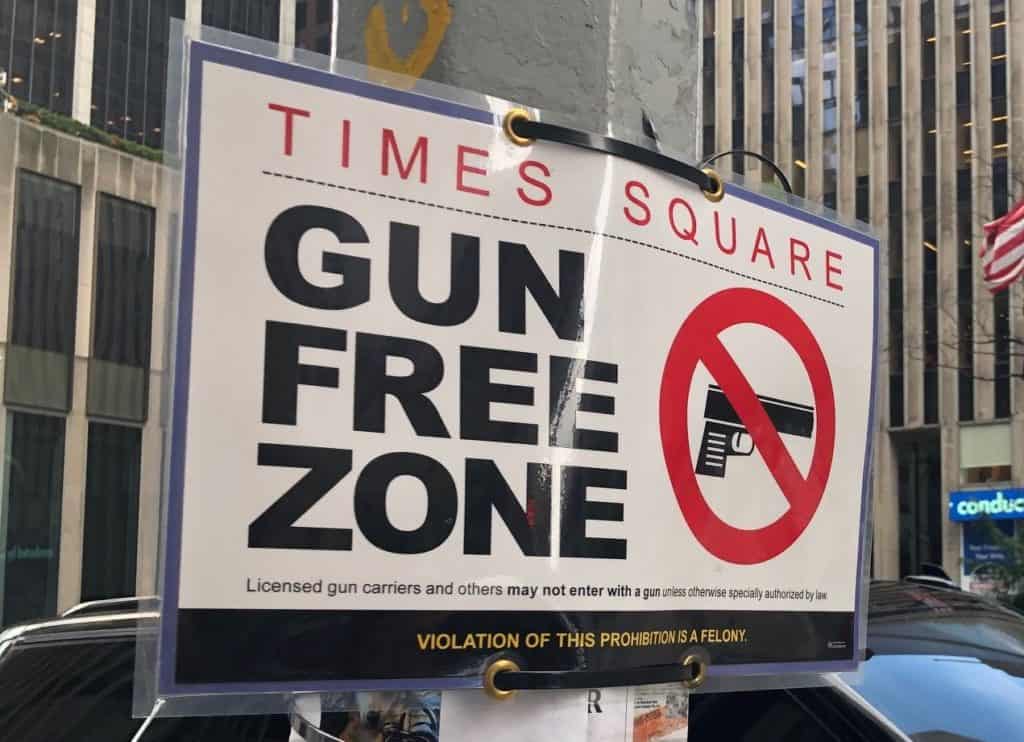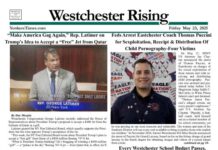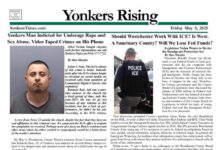Issues Two Week Temp. Restraining Order

On Oct. 6, Federal Judge Glenn Suddaby issued a temporary restraining order against New York State’s gun law. U.S. District Court Judge Suddaby, located in Syracuse, wrote that several portions of New York’s Concealed Carry Improvement Act (CCIA) were unconstitutional.
Judge Suddaby placed the restraining order in effect until Oct. 20, which gives the Governor and State Legislators time to figure out how to proceed. An appeal of Suddaby’s decision is likely the first move.
“The CCIA’s “good moral character” standard appears fatally flawed in two respects,” writes Judge Suddaby in his decision.
First, it omits the qualifying phrase “other than in self-defense” for the reasons described in
Antonyuk I, 2022 WL 3999791, at *26-29.16 Second, and more importantly, the Court interprets
the Supreme Court’s decision in NYSRPA as endorsing a standard that effectively compels (or at
least expressly permits) a state to issue a carry license unless the licensing officer finds that the
applicant is likely to use the handgun in a manner that endangers oneself or others (other than in
self-defense) according to a standard that can fairly be called “objective”
“Unless the applicant persuades him or her through providing much information, including “such
other information required by review of the licensing application that is reasonably necessary
and related to the review of the licensing application”) that the applicant is of “good moral
character,” which involves undefined assessments of “temperament,” “judgment” and “[]trust[].”
Setting aside the subjective nature of these assessments, shouldering an applicant with the burden
of showing that he or she is of such “good moral character” (in the face of a de facto
presumption that he or she is not) is akin to shouldering an applicant with the burden of showing
that he or she has a special need for self-protection distinguishable from that of the general
community, which is prohibited under NYSRPA. In essence, New York State has replaced its
requirement that an applicant show a special need for self-protection with its requirement that the
applicant rebut the presumption that he or she is a danger to himself or herself, while retaining
(and even expanding) the open-ended discretion afforded to its licensing officers.
“Simply stated, instead of moving toward becoming a shall-issue jurisdiction, New York
State has further entrenched itself as a shall-not-issue jurisdiction. And, by doing so, it has
further reduced a first-class constitutional right to bear arms in public for self-defense (which,
during the 19th and 18th centuries in America, generally came with an assumption that
law-abiding responsible citizens were not a danger to themselves or others unless there was
specific ground for a contrary finding) into a mere request (which is burdened with a
presumption of dangerousness and the need to show “good moral character”)
“Based on the historical analogues located thus far, it does not appear permissible for New
York State to restrict concealed carry in the following place: “the area commonly known as
Times Square,” wrote Judge Suddaby.
After the decision New York Attorney General Letitia James stated, “Today’s decision comes in the wake of mass shootings and rampant gun violence hurting communities here in New York and across the country. While the decision preserves portions of the law, we believe the entire law must be preserved as enacted. We will appeal this decision. Common-sense gun control regulations help save lives. I will not back down from the fight to protect New Yorkers from repeated and baseless attacks on our state’s gun safety measures. I will continue to defend our responsible gun laws and fight for the safety of everyday New Yorkers.”





